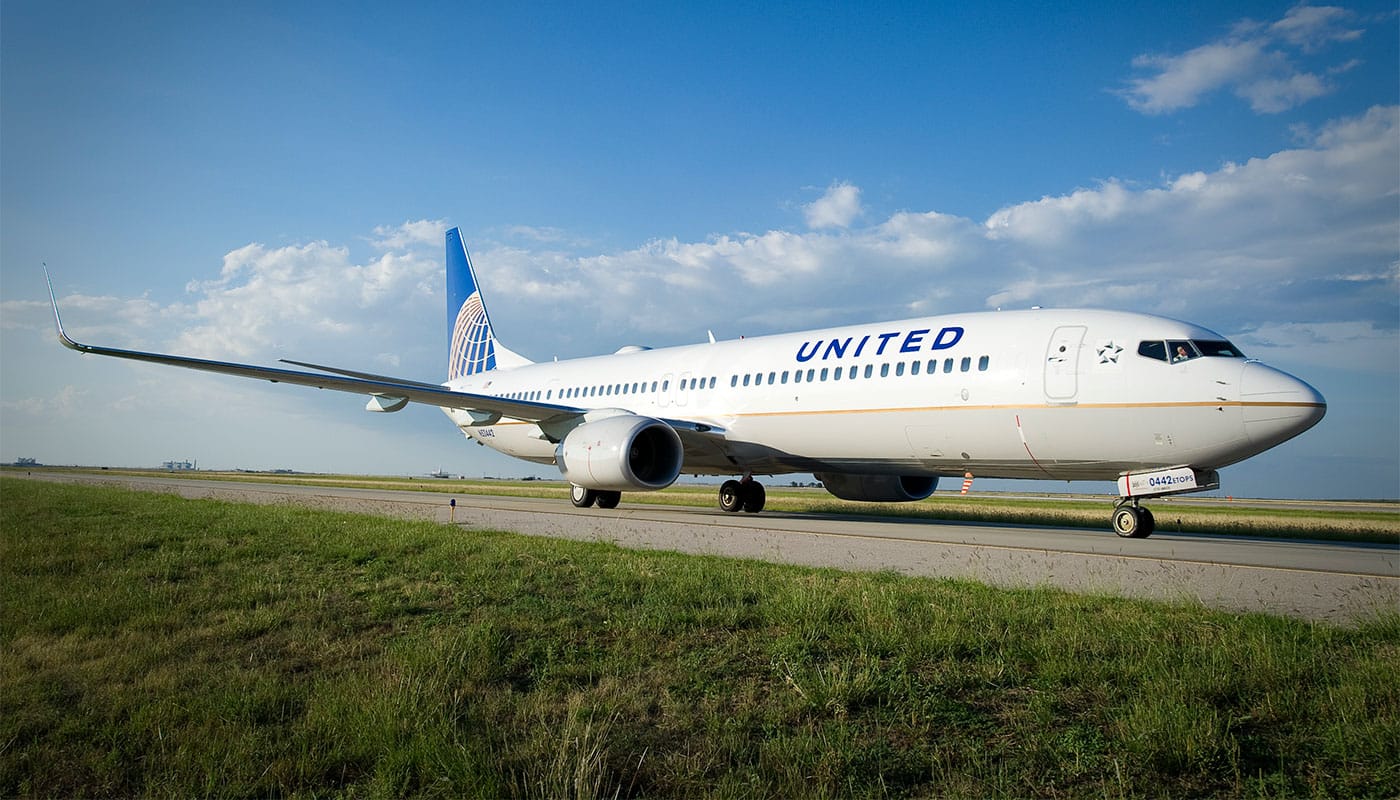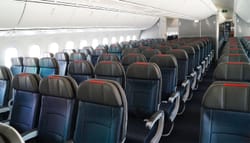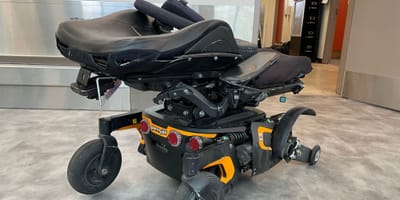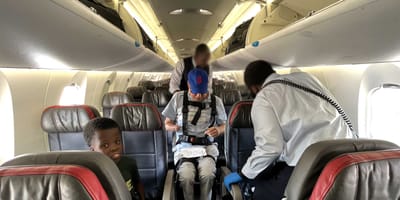Headlines were made last week when Delta Air Lines announced new restrictions on travel with trained service animals and emotional/psychiatric support animals. I joined a chorus of other disability organizations in criticizing the advance notification requirement for service animals as being a violation of disabled passengers’ rights under the Air Carrier Access Act.
Like Delta, United Airlines has also spotted a growing trend of ACAA abuse, with many travelers attempting to pass off household pets as emotional support animals to avoid paying pet cargo fees. In following Delta’s lead, United issued a similar (but not identical) policy for transporting service animals, which reads:
Beginning March 1, 2018, United will require additional documentation for customers traveling with an emotional support animal. Currently, customers must provide 48 hours’ notice to the Accessibility Desk and a letter from a licensed medical/mental health professional. For travel on or after March 1, customers will need to also provide a veterinary health form documenting the health and vaccination records for the animal as well as confirming that the animal has appropriate behavioral training.
Additional information and forms will be available soon, so please continue to check united.com if you have upcoming travel with an emotional support animal. The process for trained service animals is currently not changing.
The last line (emphasis mine) is critical, as it applies documentation and advance notification requirements only to emotional support animals and not to task-trained service animals. Delta inappropriately applied these rules to all service animals.
Documentation requirements for ESAs are above board, as the Department of Transportation advises that “Airlines can request specific documentation and/or 48-hours advanced notice for service animals that are emotional support animals and psychiatric service animals.” Required documentation may be required to demonstrate the following:
- The passenger has a mental or emotional disability that is recognized in the Diagnostic and Statistical Manual of Mental Disorders (DSM);
- The passenger needs his/her emotional support or psychiatric support animal as an accommodation for air travel and/or for activity at your destination;
- The individual providing the assessment is a licensed mental health professional and the passenger is under his/her professional care; and
- The licensed health care professional’s;
- Date and type of professional license; and
- Jurisdiction or state in which their license was issued.
DOT regulations only permit air carriers to request the aforementioned documentation for emotional support or psychiatric service animals, not task-oriented service animals that are “individually trained or able to provide assistance to a person with a disability.” United’s policy respects this differentiation and upholds the civil rights of travelers with disabilities.
The federal government should act against those who fraudulently abuse the systems designed to guarantee equal access to people with disabilities. Airlines, too, should have the ability to combat fraud, but must do so in a way that does not create additional barriers to travel for people with a qualifying disability. In imposing new restrictions on service animals, United Airlines learned from Delta’s mistake – which I applaud. All airlines are encouraged to involve disability advocates and organizations in the development of any policies that may affect travelers with disabilities.
Feature image courtesy of United Airlines.















